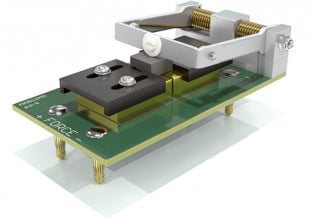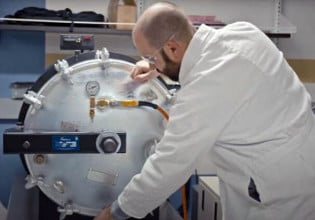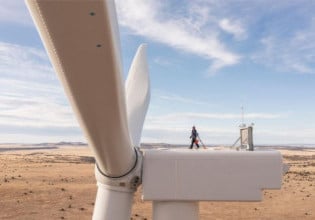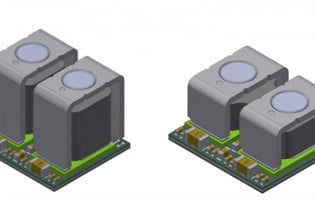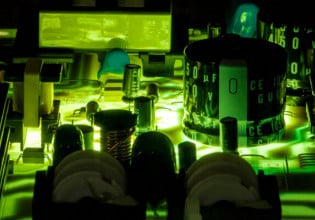ABB Turns to Uninterruptible Power Supplies to Address Grid Supply Challenges
Taking an innovation from the data center and applying it to the road, ABB hopes to enable the future of EV charging.
For electrical engineers, the rapid growth of electric vehicles (EVs) presents a fascinating landscape of challenges and opportunities. Within this, one of the most significant hurdles to be addressed is the strain that fast-charging stations exert on our existing power grid.
Fast charging with ABB’s UPS system. Image used courtesy of ABB
Specifically, the unpredictable and high power requirements of EV fast-charging puts a significant strain on the grid – one that many believe the current infrastructure is not capable of supporting. The grid must have the capacity to meet the high power requirements demanded by future EV fast chargers.
ABB has a potential solution by repurposing technology initially designed for data centers. This article examines the challenges EVs pose on the grid, uninterruptible power supplies, and recent innovations from ABB.
Fast-Charging Challenges
The power grid is an intricate system engineered to manage a specific power demand level. Given that loads are dynamic – fluctuating based on the time of day and season – preserving optimal grid performance necessitates a careful equilibrium between supply and demand.
Nonetheless, the rapid emergence of EVs and the associated demand for rapid charging have introduced a considerable, unexpected strain on the grid. ABB projects the standard charging power for EVs will escalate to 350-360 kW soon. While this will significantly cut down charging times, it will concurrently trigger a substantial surge in power demand.
Daily load curve of EV charging at a charging station. Image used courtesy of Chen et al.
To put this into perspective, consider a typical household that might consume around 1-2 kW of daily power on average. When considering that a single EV charging station is projected to deliver about 350 kW, it's akin to adding the power consumption of 175-350 households to the grid. Now, imagine this scenario scaled up to accommodate thousands of electric vehicles on the road: The resulting surge in demand on the grid is substantial.
The demand surge presents two main challenges. One, the grid's capacity must be enhanced to accommodate the elevated power demand from EV charging stations. Two, solutions must be devised to regulate the power demand at the charging stations.
What Is Uninterruptible Power Supply?
An uninterruptible power supply (UPS) is a system that provides emergency power when the input power source or mains power fails. UPS is most commonly used in data centers to provide near-instantaneous protection from input power interruptions. In this way, the UPS system can be considered a buffer, smoothing out the power supply and ensuring a consistent flow of electricity.
In the context of EV charging, a UPS system has the potential to level out peaks in power demand, ensuring fast charging can continue even when the grid supply struggles. This is a critical feature, as it allows EV charging stations to operate independently of the grid's fluctuations, providing a reliable and consistent service to EV users.
ABB's Grid Supply Solution
To address local grid supply challenges associated with EV fast charging, ABB recently joined forces with AMAG, a car dealership group in Switzerland, to develop a solution to compensate for grid supply weaknesses. Specifically, the groups will merge ABB's Terra 360 charging stations with a 500 kW ABB Megaflex DPA UPS at select locations across Switzerland.
ABB markets Terra 360 charging stations as “one of the fastest chargers,” capable of providing a maximum output power of 360 kW – good enough for fast-charging two cars simultaneously. The two-vehicle system is designed to optimize power delivery based on the state of the EV battery – reducing charging power to a given vehicle when it’s almost fully charged and instead providing more power to the other vehicle. This dynamic power management ensures efficient use of available power and maximizes charging speed.
Combined with ABB’s 500 kW UPS, the system will allow for continued fast-charging operation, even when load peaks exceed the utility grid's available power. With this innovation, ABB hopes to enable the future of EV fast charging without sacrificing overall grid reliability and performance.




